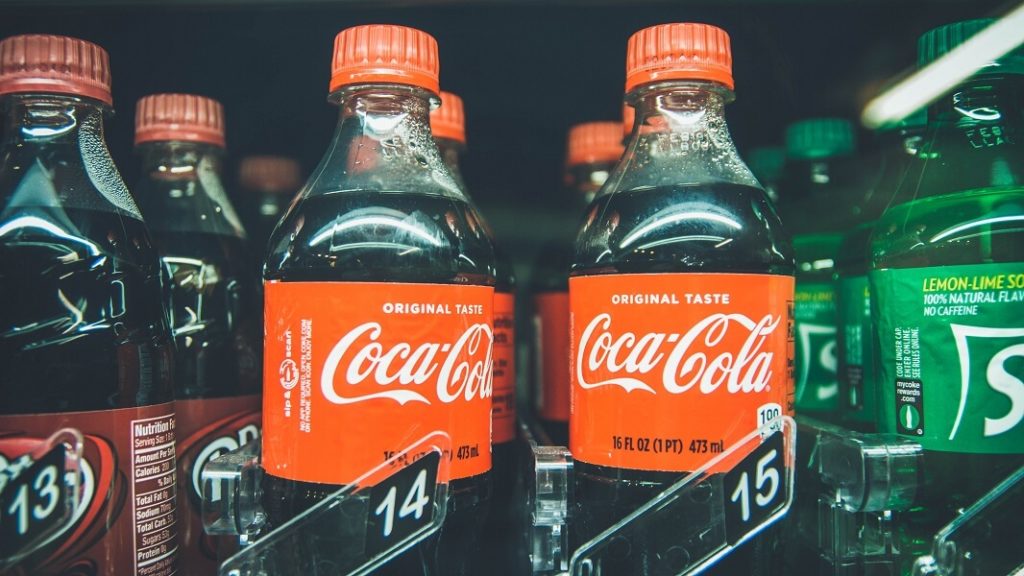Scientists have created a new form of plastic, which can be recycled indefinitely.
Currently, many plastics cannot be recycled effectively. Consequently, they end up in landfills and in the ocean, posing a serious threat to marine life and underwater ecosystems.
But researchers from the U.S. Department of Energy’s Lawrence Berkeley National Laboratory in northern California believe they have a solution.
They have designed a new form of plastic, named polydiketoenamine (PDK). It breaks down at a molecular level, it can then be disassembled and put back together in a different shape, with a different texture and color. Because this process can happen repeatedly, the researchers hope that plastic waste will be diverted away from the ocean and the landfills, and instead, effectively reused again and again.
Lead author and postdoctoral researcher at Berkeley Laboratory’s Molecular Foundry Peter Christensen told Forbes, “most plastics were never made to be recycled. But we have discovered a new way to assemble plastics that takes recycling into consideration from a molecular perspective.”
Team leader Brett Helms added, “with PDKs, the immutable bonds of conventional plastics are replaced with reversible bonds that allow the plastic to be recycled more effectively.”
The researchers intend to incorporate plant-based materials into PDK in the future, to make the plastic even more sustainable.
The Plastic Crisis
Plastic pollution is one of the biggest problems of our time. It is predicted that by 2050, there may be more plastic in the sea than fish. More and more governments and companies are taking action; Panama recently became the first Central American country to ban plastic bags. And earlier this year, Canada revealed it will enforce a ban on single-use plastic by 2021.
By 2025, U.S. supermarket chain Kroger will ditch six billion plastic bags. In the UK, Morrisons is removing plastic from some of its fruit and veg aisles completely, saving 156 tonnes of plastic annually.
The time is now for a feasible, sustainable alternative to traditional plastic. “This is an exciting time to start thinking about to design both materials and recycling facilities to enable circular plastics,” said Helms.


